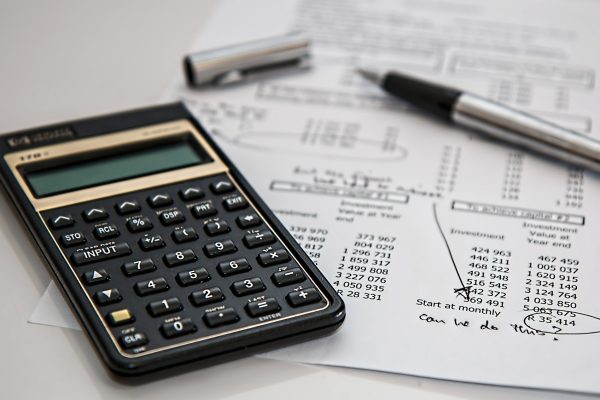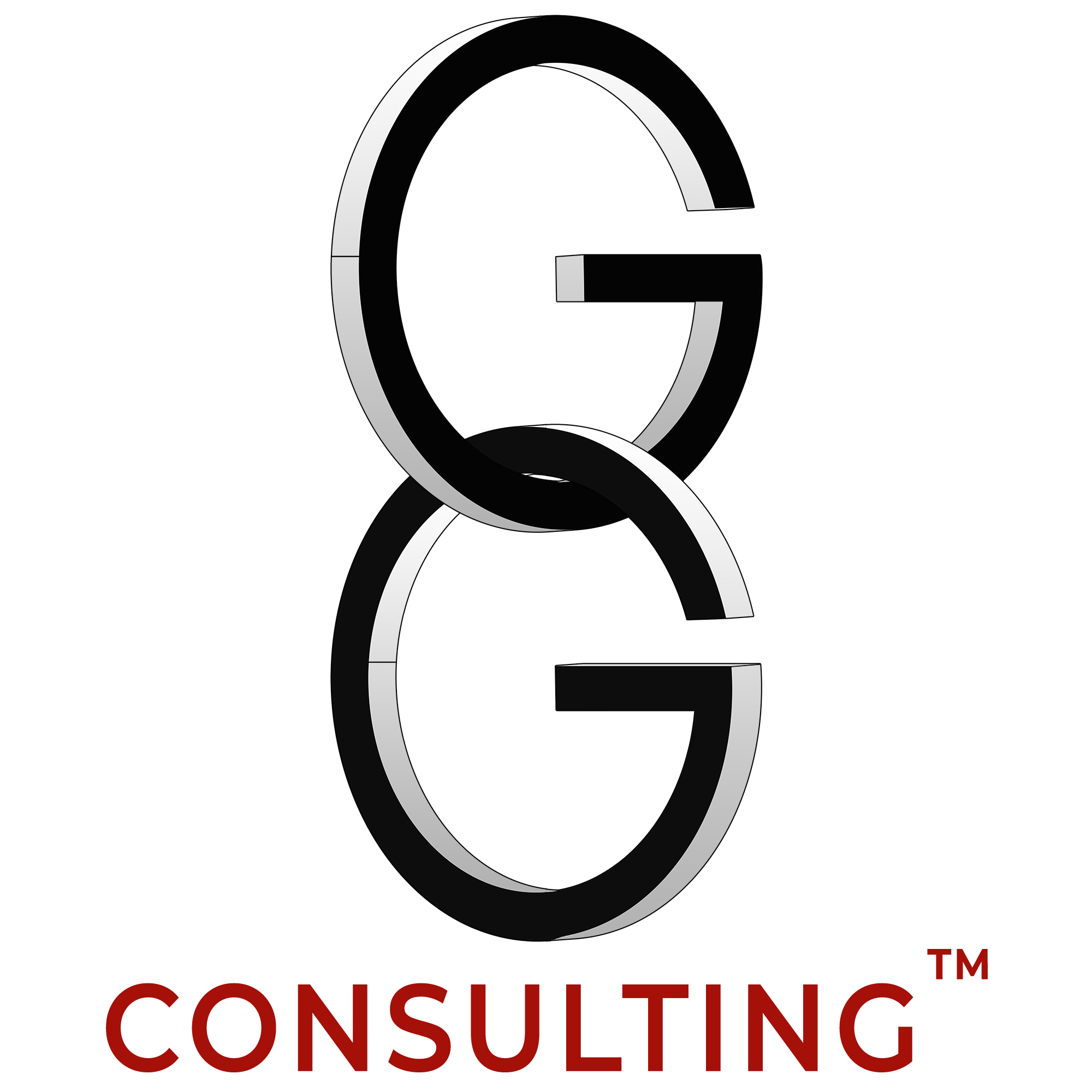The Importance of Management Control for SME’s

It is essential for SME’s to be able to monitor its management
What does “Management Control” mean
This term refers to guidance and management orientation, capable of ensuring that the economic resources and production factors available to the company are used effectively and efficiently, consistently with the objectives set by the company’s top management. “. In fact, the entire Management Control process cannot be implemented without the Entrepreneur having first defined the Results (“Target”) that he has set himself to achieve within a well-defined time interval (example: year, three years, etc.).
The Phases of Management Control
This process is divided into the following activities:
- Definition of Objectives: they can be “Strategic” or “Operational” (based on importance), “Long”, “Medium,” Short Term “(based on duration) or” Commercial “,” Organizational “etc. . (based on nature)
- Elaboration of the Action Program: it serves to incorporate the objectives set and contains all the activities that must be implemented, in order to achieve what is appropriately planned by the entrepreneur
- Management Activities: through the repetition of multiple actions and behaviors on the part of the company organization to implement the content of the action program, developed previously
- Detection of Results: this is the most delicate phase, since an incomplete or untrue measurement of the data obtained could lead to an incorrect interpretation of reality by the entrepreneur himself
- Analysis of the Gaps: the phase of comparison between Objectives and Results is preparatory to any future action: if the Results are not in line with the Objectives, it will be necessary to promptly carry out the Corrective Actions.
The Management Control Tools
These are represented by the Business Plan (multi-year planning), by the Budget (annual planning), by the Forecast (which integrates the actual results at a certain date with the forecasts), by the Reporting (which compares the “final” data with the “estimated” “Or with those of the” previous period “), from the Analysis of Statistics and Financial Statements (depending on whether it concerns physical or economic-financial data), from Analytical Accounting (or by Responsibility Center) and from the Balanced Scorecard (which allows measure the Performance of the Company Strategy). In this regard, G&G Consulting has created a management dashboard, easy and quick to read for the entrepreneur, within which the main “economic-financial” data (turnover trend, marginality , incidence of fixed / variable costs, degree of debt and cash-flow), “commercial” (market positioning, competition analysis, customer satisfaction), “process” (efficiency of internal processes) and “organizational” (preparation of personnel), very useful for monitoring the performance of the SME.
